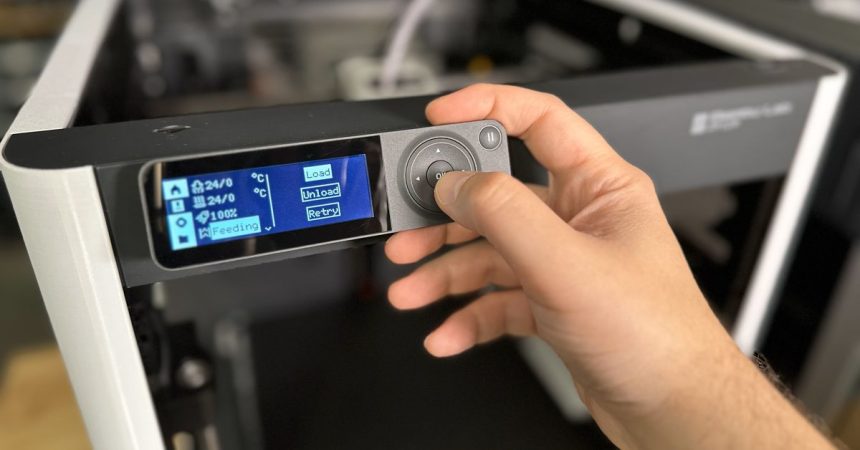The 3D printing community experienced a tumultuous week following Bambu Lab’s announcement of a new proprietary authentication mechanism for its printers. This change, while presented as an optional security update, sparked concerns among users about potential future restrictions, including limitations on third-party filament usage and the introduction of subscription-based features. The core issue revolved around the mandatory use of the “Bambu Connect” desktop application, a proprietary middleman between slicing software and the printer, which effectively blocked traditional methods of remote printing using third-party slicers. While Bambu Lab assured users that local printing via SD card and proprietary cloud access would remain unaffected, the move was perceived by some as a step towards a more restrictive ecosystem, potentially resembling a “walled garden.”
The ensuing backlash included user boycotts and removal of 3D models from Bambu Lab’s online repository. These concerns were further fueled by Bambu Lab’s existing filament detection capabilities, raising fears of enforced proprietary filament use, and the anticipated introduction of a subscription-based print farm software. Bambu Lab responded by vehemently denying these allegations in a subsequent blog post, emphasizing the optional nature of the update and the lack of internet or account requirements for the new tool. They further attempted to appease the community by introducing a “Developer Mode,” allowing local access without the new authentication, albeit potentially disabling cloud functionality.
However, Bambu Lab’s handling of the situation exacerbated the controversy. Actions such as blocking access to archived web pages containing previous statements, alleged censorship of criticism on online platforms, and misrepresenting the involvement of third-party slicer developers further eroded user trust. Adding to the skepticism, security vulnerabilities within the Bambu Connect app were quickly exposed, and clauses within the company’s Terms of Use granting them control over print jobs during firmware updates were uncovered.
To address the growing concerns and clarify its intentions, Bambu Lab responded to a series of pointed questions. They committed, for their current product line, to never requiring subscriptions for printer control or printing over a home network, or restricting the use of third-party filaments. Regarding data privacy, they clarified that no data is transmitted through their servers in LAN mode, and that cloud mode offers an “incognito printing” option to prevent print history recording and cloud storage. While acknowledging potential future business scenarios that might necessitate exceptions, they pledged clear communication in such instances.
Addressing the permanence of the Developer Mode, Bambu Lab committed to maintaining it for existing printer models, barring severe security issues. However, they refrained from extending this commitment to future printers, citing the evolving nature of technology. They emphasized their commitment to transparent communication about feature sets before product launches, allowing customers to make informed decisions. Furthermore, they reaffirmed the continued ability to remotely control current printers over LAN without user accounts or internet access, while acknowledging the potential for changes in future products.
Bambu Lab also clarified their rationale for the new authentication system. They explained that maintaining the stability of their cloud services and protecting their ecosystem necessitated control over software interacting with their cloud. They argued that the lack of transparency in third-party software made interoperable authentication systems insufficient to address potential security risks. The company defended its approach as a step towards securely integrating third-party access while prioritizing user experience and security.
Finally, they addressed the controversy surrounding the Orca Slicer integration. Bambu Lab confirmed ongoing discussions with the developer and clarified that while communication and file exchange occurred, the characterization of their collaboration might have been misleading. They further confirmed their commitment to supporting third-party accessories like Panda Touch in Developer Mode, while emphasizing that the implementation rests with the developers. They acknowledged ongoing communication with other developers regarding the new changes and reiterated their previous stance on long-term support for devices controlling critical printer functions. Regarding firmware, Bambu Lab affirmed the continued availability of rollback options for users who inadvertently upgrade. They also downplayed the impact of the leaked private key, stating that it doesn’t alter their plans and that they have taken appropriate action.



